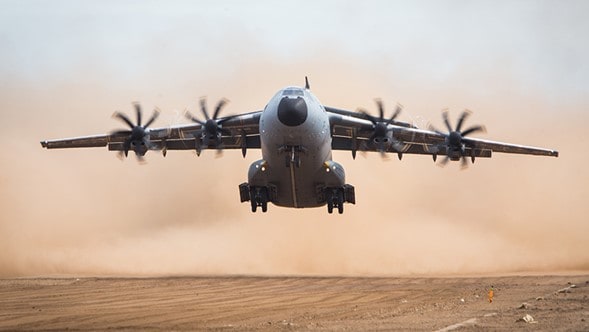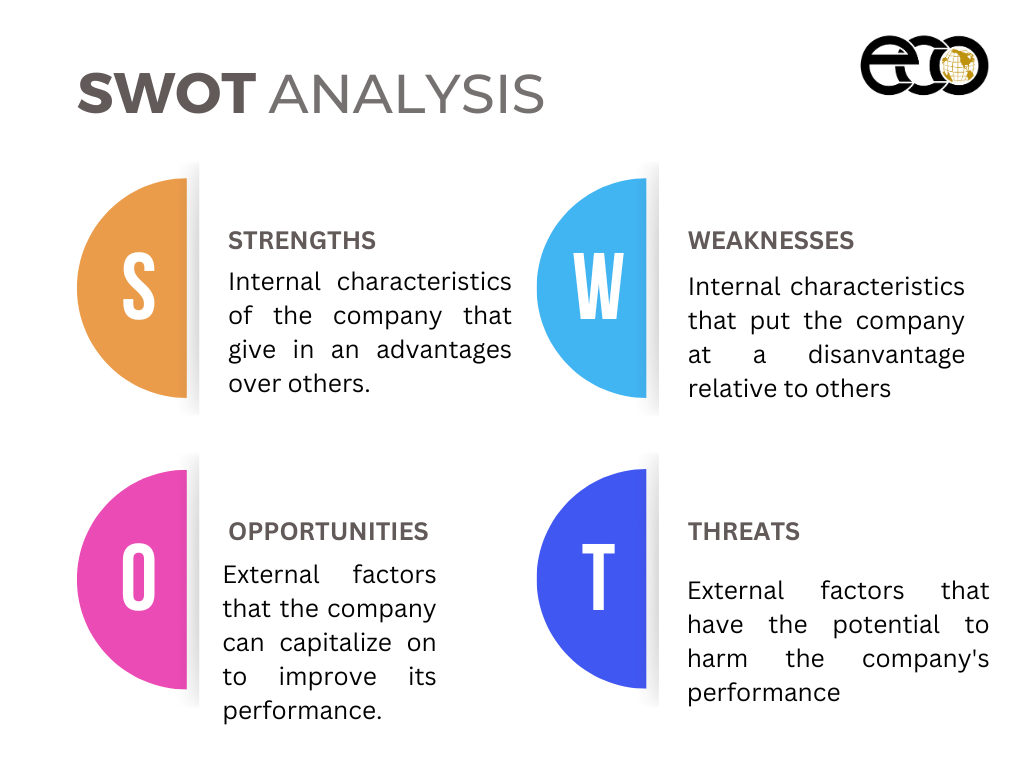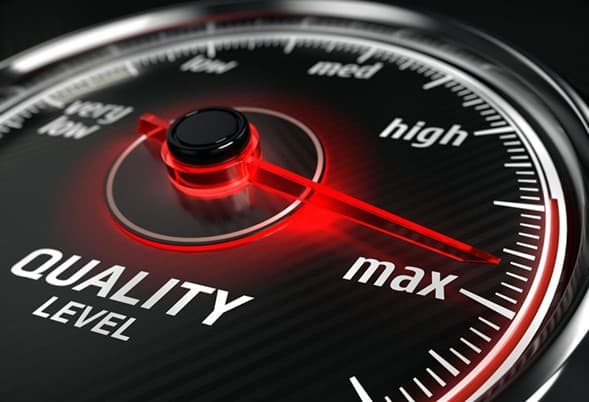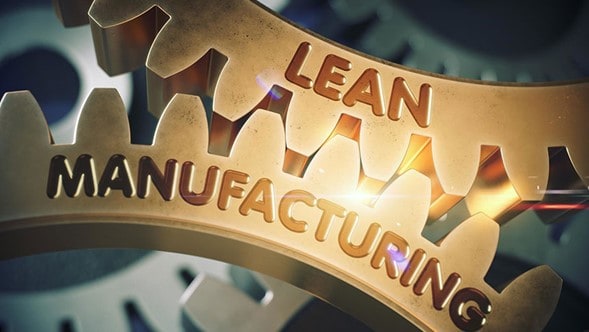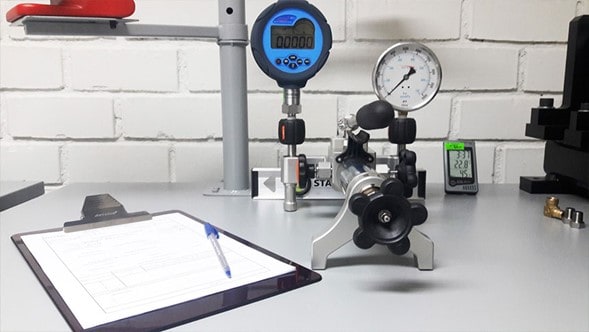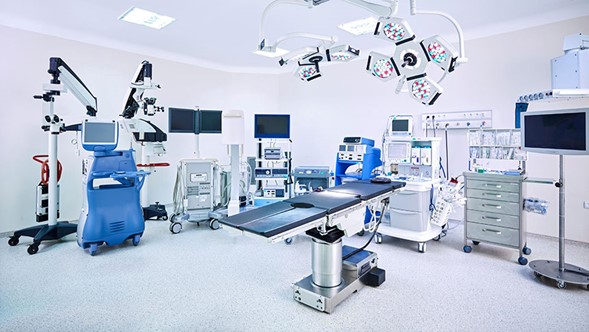With the recent approval of the law that creates the Mexican Space Agency, it is intended to cover the severe lags in scientific-technological matters that our country has, with the sole objective of consolidating an effective and efficient Mexican Space Agency which contributes to the solution of some economic and social problems for the achievement of greater welfare for our nation.
The Mexican Space Agency’s mission is to promote the scientific, technological and economic advancement of Mexico through the development of new space technologies that can be used within the different national industries, decreasing technological dependence, promoting education in space science and technology, reversing the brain drain by offering challenges and opportunities within national and commercial space programs, helping to diversify the economy.
These are aspects that seek to raise the standard of living in Mexico, through the generation of research and development in the aerospace industry.
Quality and reliability are critical values for the aerospace industry, where an error or failure in the product or service can be fatal, the effective management of a quality system is part of an essential role and of great help to reduce risks and provide a reliable supply chain.
As a result of these needs, members of the aerospace industry have established a single management system resulting in AS9100, 9110 and 9120. These are used and supported by leading aerospace companies and even their supply chain.
- AS9100 – Aerospace Quality Management, requirements for design and/or manufacture of aviation, space and defense products.
- AS9T10 – Aerospace Quality Management, requirements for maintenance, repair and overhaul of commercial aviation and military products.
- AS9120 – Aerospace Quality Management, requirements for Distributors.
The standard is based on ISO 9001 and was developed by the International Aerospace Quality Group (IAQG) to provide international consistency and guidance for specific safety and reliability regulations. These standards cover the entire aerospace sector.
Achieving implementation demonstrates consistency in the aerospace industry by an accepted standard.
Benefits include:
- Secure listing in the Online Aerospace Supplier Information System (OASIS) database: Certification of an organization and access to the OASIS where certified organizations are listed.
- License to do business: A requirement of the aerospace sector where you have to prepare and demonstrate your independence with a management system that operates and is accepted by the industry.
- Increases international growth and sales: The nature of the standard allows access to industry, encourages trade and increased cooperation.
- Saves time: Potential reduction in second party audits.
- Risk Management: Ensures compliance with a standard and compliance regulated by authorities that help mitigate risk.
- Enhances reputation and image: Demonstrating the operation of an accepted standard and using common language to increase understanding and quality requirements.
- Waste reduction: Improving processes and minimizing quality variation.
- Competitive advantage: Helps demonstrate excellent levels of traceability throughout the supply chain, minimizes uncertainty and increases the likelihood that customers will choose you over your competitors.



